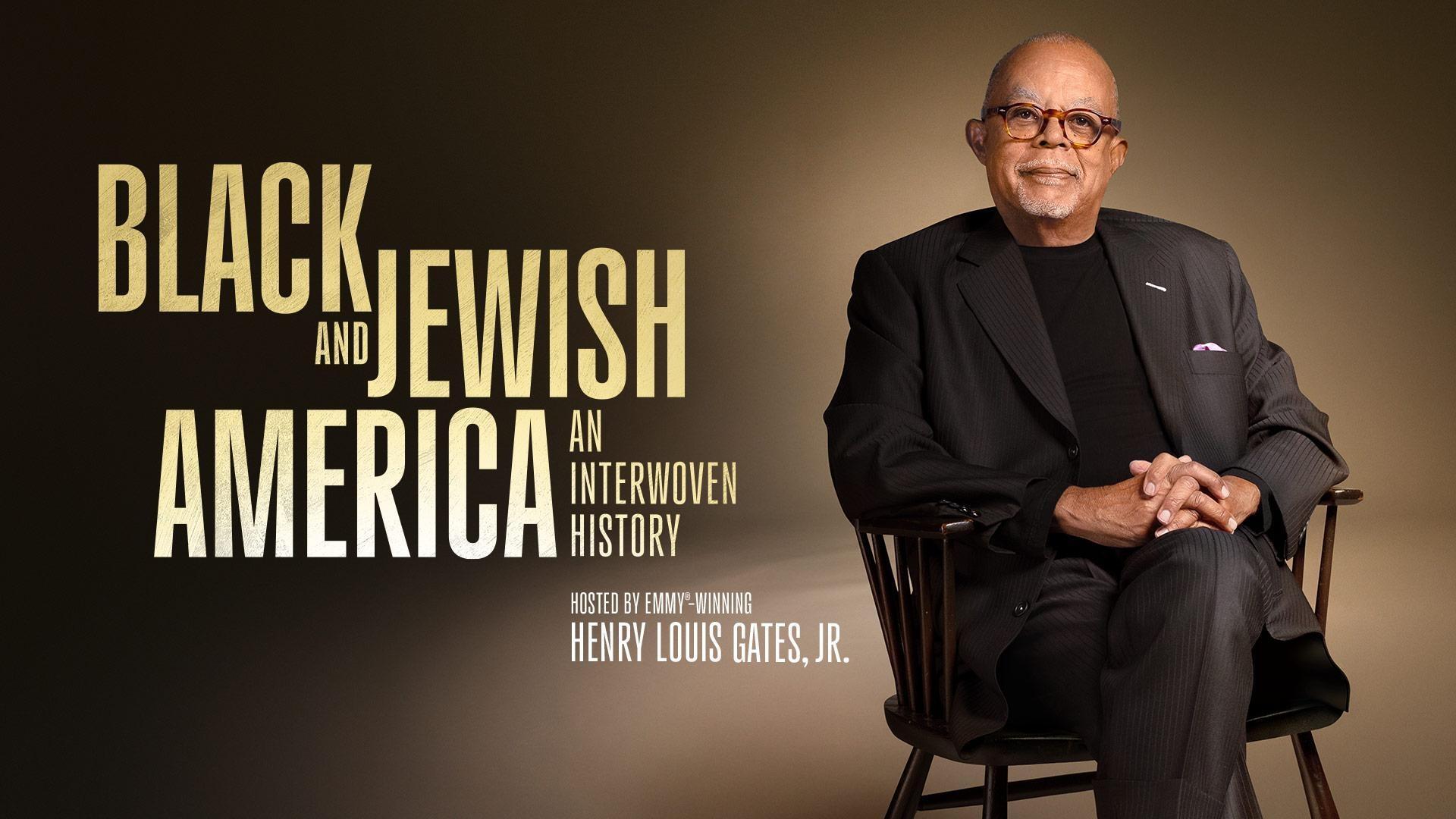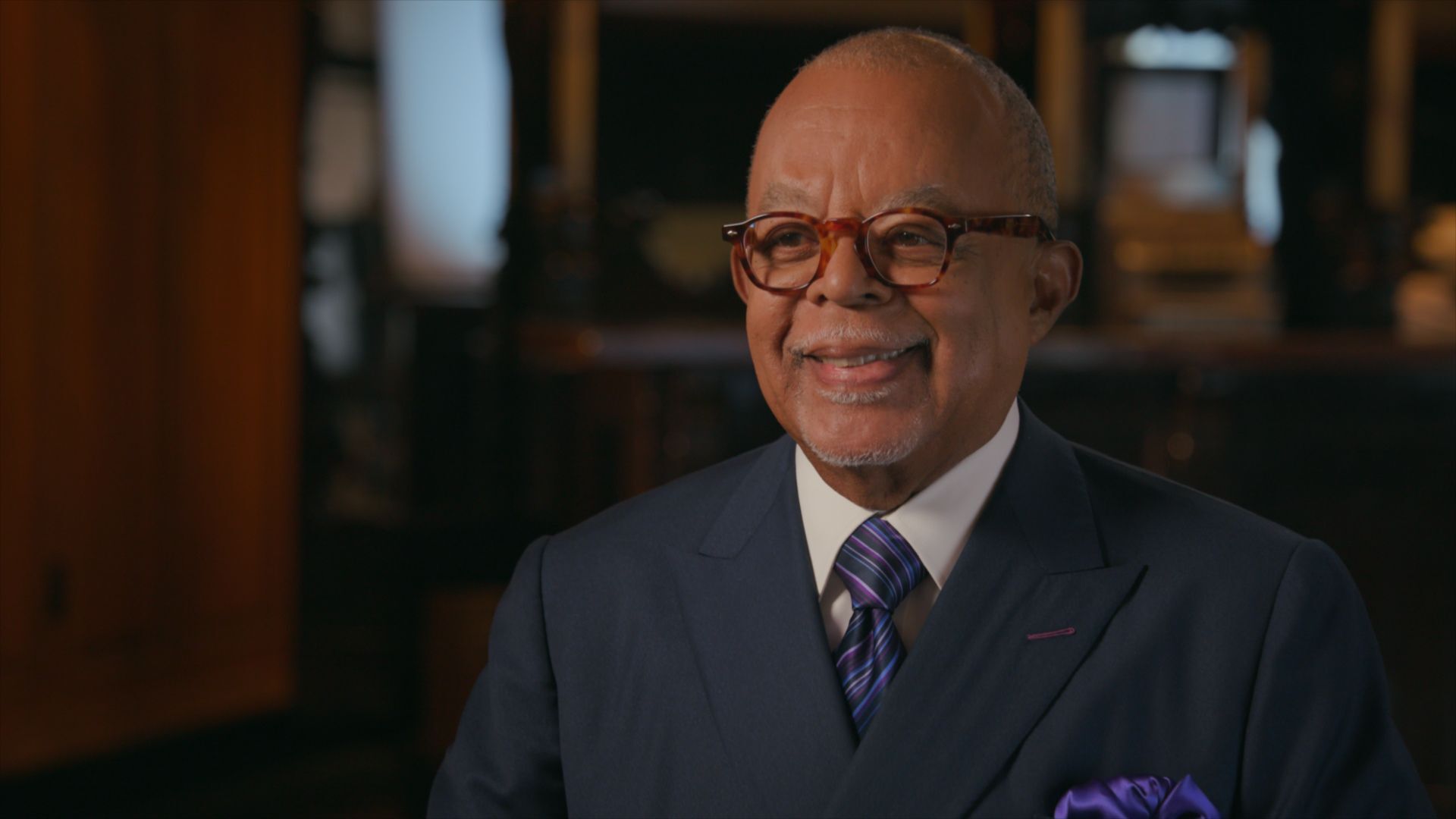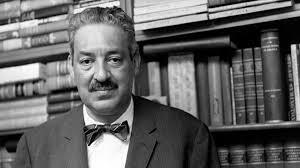Civil Rights Icons
Be inspired by the men and women of the African American Civil Rights Movement. Each of the stories below is a window into the lives these momentous figures, including rare interviews with Martin L. King Jr and Malcolm X. Venture back into history with PBS to explore the men and women of The Civil Rights Movement.
Ralph Bunche: The First African American Nobel Peace Prize Winner
In 1950, Dr. Ralph Bunche was awarded the Nobel Peace Prize for his successful mediation of a ceasefire between four Arab nations and the State of Israel— the first time that all parties in the conflict ever signed armistice agreements with Israel. Consequently, his success made him a symbol of racial progress in a segregated America.
Born in 1903, Bunche would come to live his whole life practicing his personal creed of mediation over open conflict. This was the defining feature of his world-view and his actions as he delegated in the UN and as he marched as a Civil Rights Activist.
During his Nobel Peace Prize lecture in Oslo, Norway, Bunche said: ‘The United Nations exists not merely to preserve the peace but also to make change—even radical change—possible without violent upheaval. The United Nations has no vested interests in the status quo. It seeks a more secure world, a better, world, a world of progress for all peoples. In the dynamic world society which is the objective of the United Nations, all people must have equality and equal rights.’
To learn more about Dr. Bunche's life, politics, work, activism, and tenure, visit Ralph Bunche: An American Odyssey to move through photo galleries, videos and timelines of his life.
Whitney Young, Jr.: The Powerbroker
“Whitney understood power, he understood politics, and most of all he understood people. They said Martin was in the streets, Roy and Thurgood were in the courts, and Whitney was in the boardroom. One could not have been successful without the other.” - Vernon Jordan, CEO National Urban League
One of the most celebrated leaders of the Civil Rights era, Whitney Young helped thousands of people struggling against discrimination by taking the fight directly to those in power. However, because those in power were the same white elite that he shook hands, made deals, and worked with behind the scenes, he was also one of the most controversial figures in the Civil Rights movement and viewed by some as an "Uncle Tom." Independent Lens' The Powerbroker Follow the story of Young's journey from the segregated South to national campaign for equal rights as his legacy of pragmatism and deliberative negotiation resonates in today's political climate.
Daisy Bates: First Lady of Little Rock
Daisy Bates was a complex, unconventional, and largely forgotten heroine of the civil rights movement who led the charge to desegregate the all-white Central High School in Little Rock, Arkansas in 1957. From the 2012 Independent Lens film: Daisy Bates: First Lady of Little Rock.
Diane Nash
Diane Nash became the leader of the Nashville Student Movement while she was a student at Fisk University.
Julian Bond
Julian Bond, then chairman of the NAACP, spoke to Howard Law students about his life's work as a leader of the American Civil Rights Movement and social activist in 2015. Bond went into great detail about his experiences as a member of the Georgia House of Representatives in the 1960s and 1970s. Q & A session with students followed Bond's speech in this special from WHUT.
John Lewis
In an episode of Finding Your Roots, John Lewis recounts his first meeting with Dr. Martin Luther King, Jr., his early days in the monumental Civil Rights Movement, and how that political activism ultimately led to his current political career as a U.S. Congressman.
Support your local PBS station in our mission to inspire, enrich, and educate.
Malcolm X
Malcolm X appears on Boston public television producer Henry Morgenthau III's "The Negro and the American Promise." After watching the segment a viewer wrote that he was shocked "that such a blatant display of racial prejudice could be aired."
Listen to Malcolm X on "The Negro and the American Promise."
Fred Hampton
The story behind the killing of Black Panther leader Fred Hampton from Chicago Stories: Fred Hampton.
Angela Davis
Dr. Angela Davis speaks with Hari Sreenivasen of the PBS NewsHour about her 1972 interviews with Swedish journalists that appear in the documentary film "The Black Power Mixtape 1967 - 1975.
Stokely Carmichael
Stokely Carmichael marched with Martin Luther King Jr., campaigned for voting rights and against Vietnam, was a Pan-African revolutionary and coined the term "Black Power." But what's the complete story behind this leading figure of the civil rights movement? Gwen Ifill talks to Peniel Joseph of Tufts University about his new biography, "Stokely: A Life."
Rosa Parks
She has been called the Mother of the Freedom Movement.
Martin Luther King, Jr.
Martin Luther King, Jr. appeared on "The Negro and the American Promise," a 1963 Boston public television program.

The best of PBS, straight to your inbox.
Be the first to know about what to watch, exclusive previews, and updates from PBS.
More from Black Culture Connection



